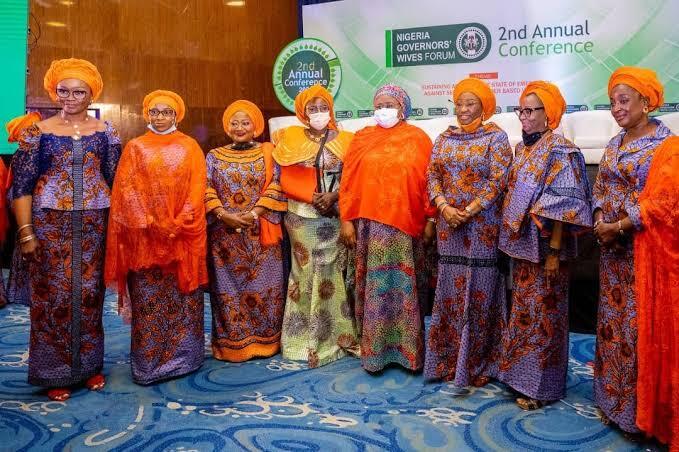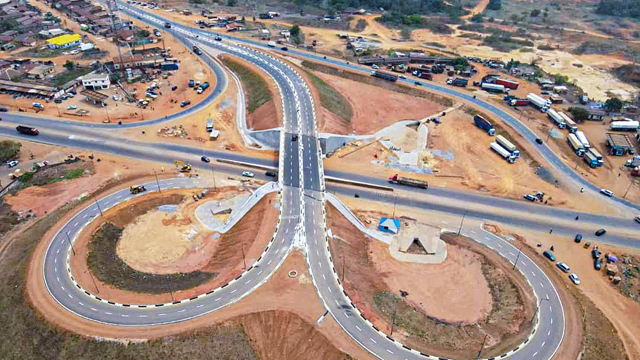Security experts and peacebuilding practitioners have raised alarm that Nigeria and several West African countries are approaching a dangerous tipping point, as violent conflicts, military coups, and community-level insecurity continue to spread across the sub-region.
They warned that unless immediate steps are taken to strengthen local governance, restore public trust, and rebuild regional solidarity, the region risks deeper instability and humanitarian collapse.
The experts spoke on Wednesday in Abuja at the 2025 West Africa Peace and Security Dialogue (WaPSeD), organised by the Building Blocks for Peace Foundation in partnership with the Institute for Peace and Conflict Resolution (IPCR) and the Society for Peace Studies and Practice.
Delivering the keynote address titled ‘Reimagining Peace and Security in West Africa’, Professor Isaac Olawale Albert of the Institute of Peace and Strategic Studies at the University of Ibadan said the region is grappling with a sustained asymmetric warfare model that has overwhelmed national defence and internal security systems.
Albert, represented by Prof. Professor Benjamin Aluko of the University of Ibadan, noted that while governments continue to prioritise military deployment, fragile governance systems, weak intelligence networks, and deep social inequality have allowed extremist recruiters to exploit local grievances easily.
He said: “Key armed groups like ISIS-West Africa (formerly Boko Haram), Jama’at Nusrat al-Islam wal Muslimeen (JNIM), and Islamic State Sahel Province (ISSP) operate extensively, using tactics including ambushes, roadside bombs, kidnappings, drone and air strikes, and attacks on military and civilian targets.
“The crisis is fueled by fragile state institutions, socio-political volatility, governance failures, weak regional coordination, limited intelligence sharing, and the expansion of criminal-terrorist networks.
“Without credible accountability mechanisms and holistic civilian-protection strategies, the security situation risks further escalation and regional spillover, deepening instability and humanitarian crises across West Africa.”
He also warned that the rise of non-state armed actors reflects the erosion of state legitimacy in many communities where citizens feel neglected by political leadership.
“When people are deprived of basic services, livelihood support, justice and fair representation, they become vulnerable to recruitment by extremist groups, criminal networks or separatist movements. Security must begin with restoring trust between the state and its people”, he said.
He explained that where democratic institutions are weak and the rule of law is contested, the military often steps in under the guise of restoring order, only to escalate internal tensions.
The don added that the failure to integrate community leaders, traditional institutions, women’s networks, and youth groups into peacebuilding continues to undermine security interventions.
Speaking, the Executive Director of the Building Blocks for Peace Foundation, Rafiu Adeniran Lawal, said several West African states are now trapped in cycles of political instability due to governance failures and lack of economic justice.
Lawal warned that herder-farmer clashes, banditry, and rural community raids in Nigeria have triggered nationwide food insecurity, with farmers unable to cultivate lands across the north-central and north-west zones.
“Beyond Nigeria, countries such as Mali, Burkina Faso, and Togo grapple with internal conflicts, transborder crimes, and violent extremism. The recent wave of unconstitutional government takeovers in Niger, Mali, Burkina Faso, and Guinea signals a troubling democratic retreat.
“This erosion of democratic norms has fuelled public disillusionment, particularly regarding the economic and social dividends of governance. Election-related tensions currently ongoing in Cote d’Ivoire. Also, widespread protests over economic hardships have occurred in a number of countries in the last few years. All of these have led to fatalities, displacement, and stalled development.”
According to him, addressing the issues requires a multifaceted and nuanced approach.
Director-General of the Institute for Peace and Conflict Resolution (IPCR), Dr Joseph Ochogwu, said sustainable peace will remain elusive without credible institutions, functional local government structures, and peace education embedded in national development plans.






